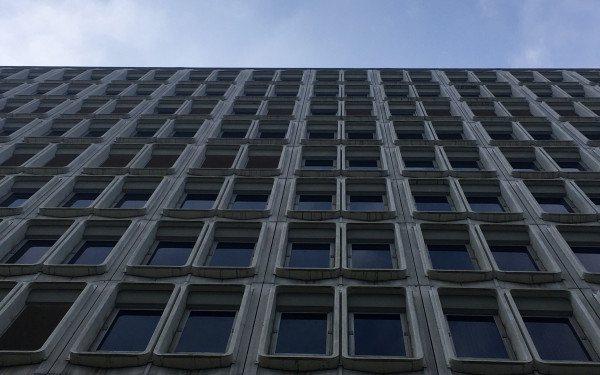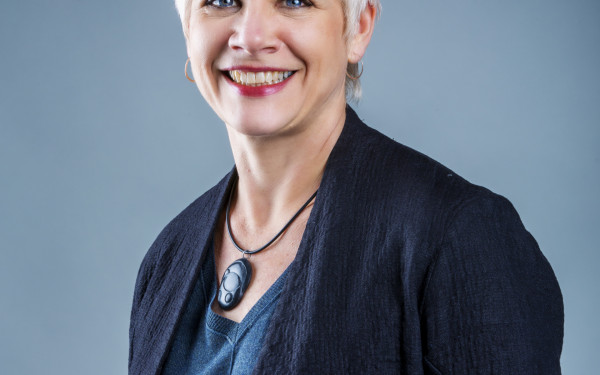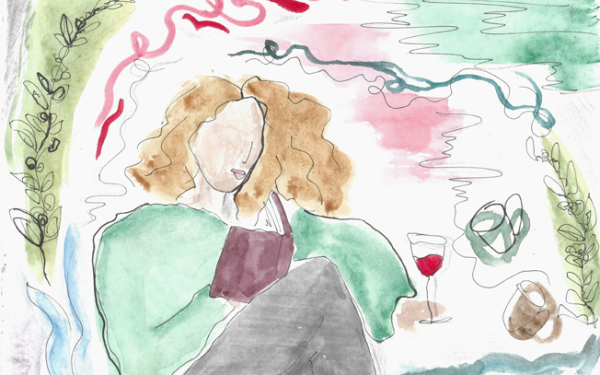Graduate students met with limited response at town hall
Time restraints left some questions unanswered by administration
International graduate students are worried about the process of coming to Canada now that the borders have reopened, studying remotely with no access to physical facilities, and not meeting their peers or finding work opportunities.
In hopes to alleviate concerns, Concordia’s School of Graduate Studies held an online town hall meeting on Dec. 1, where students had some of their questions answered by various members from the graduate studies administration.
Students had to submit questions in advance to see them answered in the town hall, and registration was first-come-first-serve.
The town hall didn’t allow active student participation, the chat was disabled, and so was the option to unmute, to avoid unwanted commotion. Not all questions were answered, as well. The organisers stated that they did not have time to address all questions and instead chose which ones to talk about and display in the presentation.
Read more: Emotions run high at CSU town hall meeting, students exclaim “enough is enough”
Joanne Beaudoin, the graduate studies’ administrative director, addressed this concern stating that the organisers weren’t sure how this event would go seeing as it’s their first one, and that the invitation reached over 9,000 students. The exact number of attendees was not made available. Questions revolved around health insurance, paying future students who don’t have a Canadian bank account or Social Insurance Number yet, and finding work or internships.
The town hall started with a poll, asking attendees if they're international students and where they currently reside, among other things.
The last question was mainly in place because up until Oct. 21, borders weren’t open for international students due to COVID-19. As a result, many newly-admitted students and some returning students were stuck in their home countries. This frustration was common among students and the organising team, leading to it being the drive behind hosting the town hall.
The poll results showed that 78 per cent of attendees were international students and 65 per cent of them were tuning in from outside of Montreal. Kelly Collins, from the International Students Office, elaborated on steps students should take in order to travel to Canada in these times. Collins also encouraged students to tell the ISO that they would be coming two weeks in advance and to reach out via virtual drop-ins on Tuesdays, Thursdays, and Fridays.
Anne Whitelaw, the Interim Provost and Vice-President Academic, addressed questions related to accessing the campus and other physical services, seeing as most questions were about that. The university hopes to start operating gradually again in the summer and even more next fall at least through hybrid learning—a mix between in-person and online activities—but there are several things to consider.
Read more: Q&A with President Graham Carr
Whitelaw explained that because the downtown campus is made up of mostly high-rises, it would take upwards of six hours for students to get to their classes while following social distancing regulations.
Effrosyni Diamantoudi, the Interim Dean of Graduate Studies, added that the libraries in which students can reserve study spaces have been underused.
“Our libraries offer the possibility to have study space, you can take your laptop and spend the full day there to study, for those of you that don't have regular study space at home,” Diamantoudi explained.
Kristy Clarke, manager of academic programs and development, reminded students of the opportunities and services available for them to advance their careers. The Co-op program has been witnessing more demand and most students have been placed in their respective postings.
The Graduate Community Support Fund, which had been dedicated for in-person events, was adapted to fund initiatives and projects instead. The GradProSkills program, lead by Clarke, hosts professional development workshops at the graduate level. She spoke about opportunities for students to support their peers such as GradChat on Mondays, CodeTogether on Wednesdays, and the Peer Writing Group on Fridays. There are 115 GradProSkills workshops scheduled for the winter semester.
According to Rachel Andren, communications advisor of the School of Graduate Studies, this is expected to be the first in a series of town halls that they are planning to host regularly.

_900_600_90.jpg)




